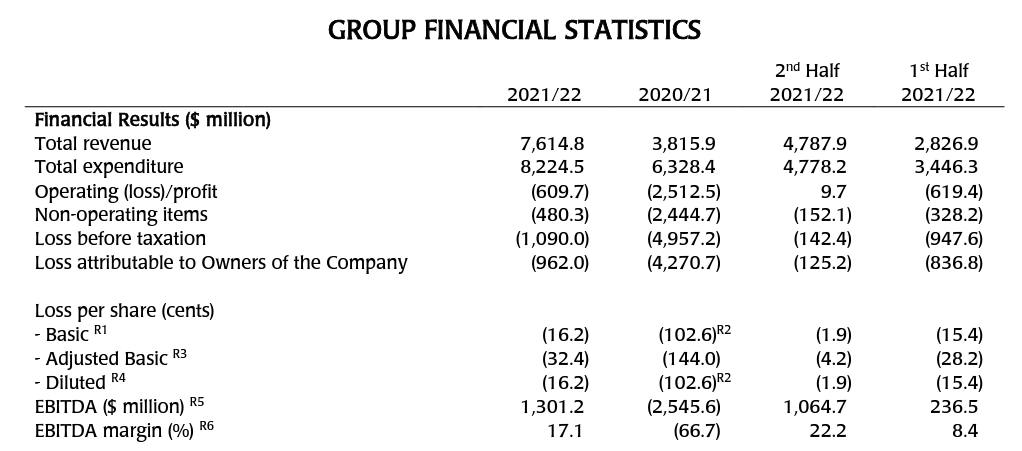Singapore Airlines recovers and relies on Boeing 777X, despite delays
Singapore Airlines CEO Goh Choon Phong told analysts and media that while the Boeing 777X certification and entry-into-service process is years behind schedule, he does not expect a significant impact on the airline’s growth plans.
«At this point, I don’t think our growth plan will be severely affected. We have some flexibility and can compensate for any potential loss of capacity,» he said.
The company reported losses of more than $600 million for the fiscal year that closed in March: it sounds like a bad number, but if you separate the results by half-year the picture improves because the second half of the year ended with a modest $10 million profit.

The occupancy factor, as reported by Investing, rose from 61% to 67% half year-over-half. Those numbers show that recovery is underway, as they expect to reach 70% by the end of the second quarter, and that there is still room to grow capacity without the lack of the 777X becoming an issue.
Singapore signed an order for seven Airbus A350F freighters to replace its Boeing 747-400Fs, becoming the launch customer for this variant. Deliveries will begin in the fourth quarter of 2025.
While cargo demand is expected to experience near-term volatility because of the conflict between Russia and Ukraine, as well as the effects of pandemic controls in China on the global supply chain, cargo segment yields are likely to remain healthy due to the industry’s continued capacity shortage on key trade routes.
Fuel pricing remains a concern for the operator, as they identified a year-on-year increase exceeding 50%, from $90.31 per barrel almost $150 at the beginning of May. Singapore is confident that it will be able to maintain adequate cost discipline even as operations expand to accompany demand.

/https://aviacionlinecdn.eleco.com.ar/media/2021/03/Singapore-Airlines-Web-Oficial-Aviacionline-10-scaled.jpg)
Para comentar, debés estar registradoPor favor, iniciá sesión